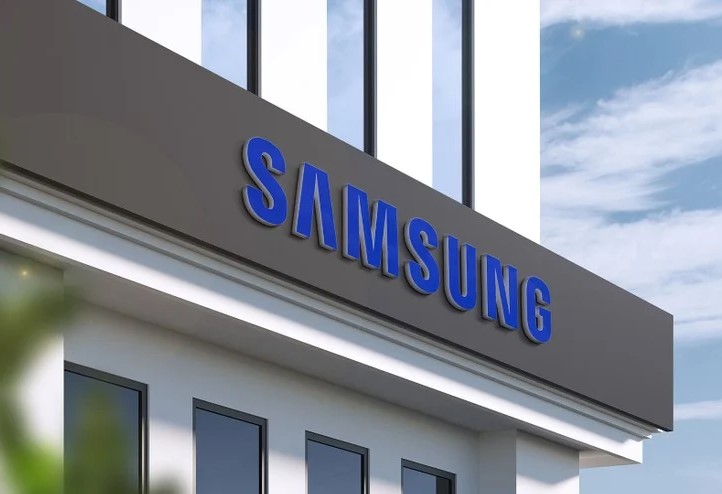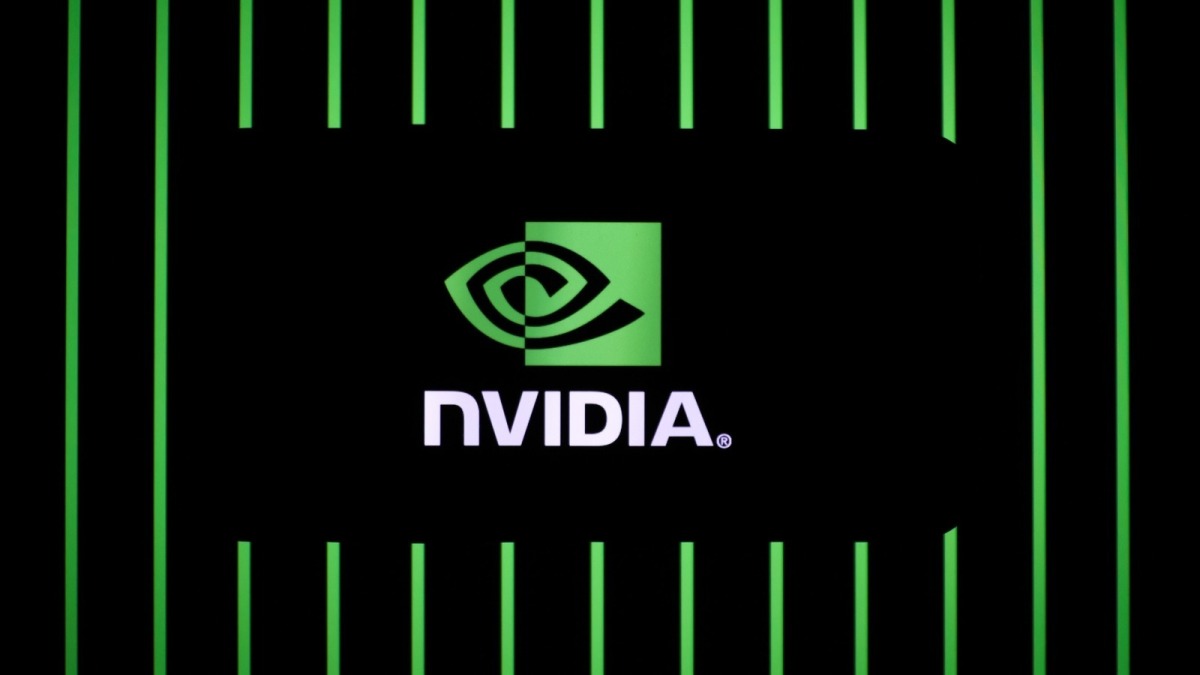Meta slashed Metaverse budget by 20% despite Q1 company earnings rising 27% year-over-year to cut costs.
According to reports, Meta will reduce the budget of its Reality Labs, responsible for developing the company’s metaverse hardware and software, by approximately 20% between now and 2026.
This information is sourced from The Information and is consistent with recent reports that Meta intends to transition Reality Labs into production mode in anticipation of several high-profile hardware deployments that are scheduled to occur in the next few years.
According to analysts at Bank of America, Meta would generate approximately $3 billion in savings as a result of the cost-cutting initiatives.
First quarter of 2024
Insiders should not be surprised by the timing of the cost-cutting measure. Meta’s subsequent earnings call is scheduled for July 31, and analysts anticipate comparable results to the company’s revenue of $36.45 billion in Q1, representing a 27% increase from 2023.
Nevertheless, Reality Labs experienced a $3.8 billion loss during the quarter. However, some losses may not have been associated with the company’s activities in the metaverse space.
Meta CEO Mark Zuckerberg informed investors during the company’s Q1 2024 earnings call that “an increasing amount of our Reality Labs work is going toward serving our AI efforts,” as reported by Cointelegraph in April.
2024 and beyond
The recently announced cost-cutting measures may represent a realignment of the division’s efforts, which could potentially appease inventors seeking to reduce the amount of money flowing into Reality Labs. Since 2019, the division has suffered a loss of approximately $55 billion.
Although this may be Zuckerberg’s initial indication that he is prepared to regulate Reality Labs, the division’s ultimate fate is likely contingent upon the mainstream consumer market’s readiness to embrace the next generation of VR and AR products.
The company plans to introduce the next-generation Quest VR headset and Ray-Ban smart eyewear with a visual component and a wrist-worn “neural interface” in the coming years.
Additionally, there is a prototype full-holographic headgear in development; however, it is still being determined whether it will be released within the same time frame.



